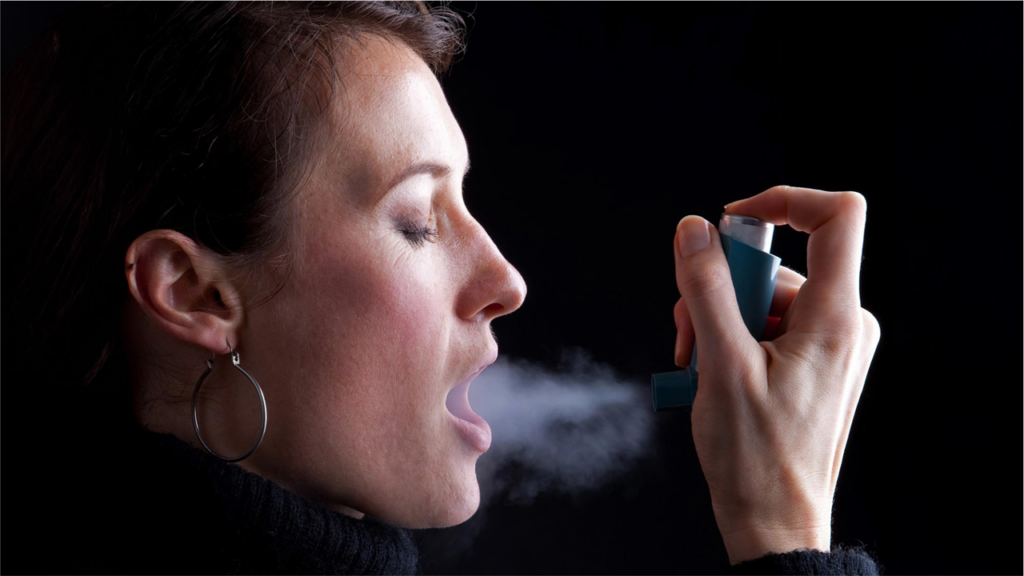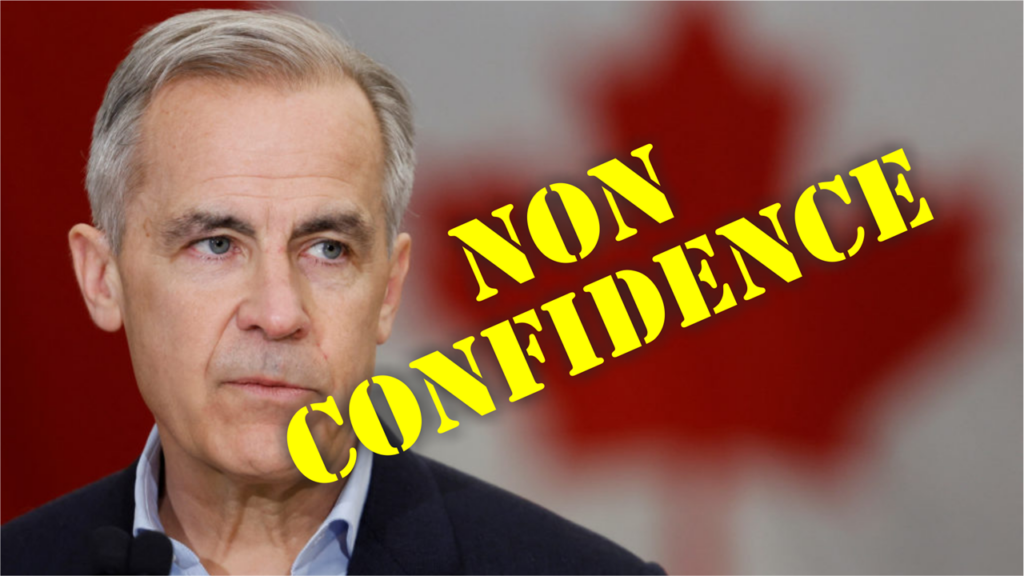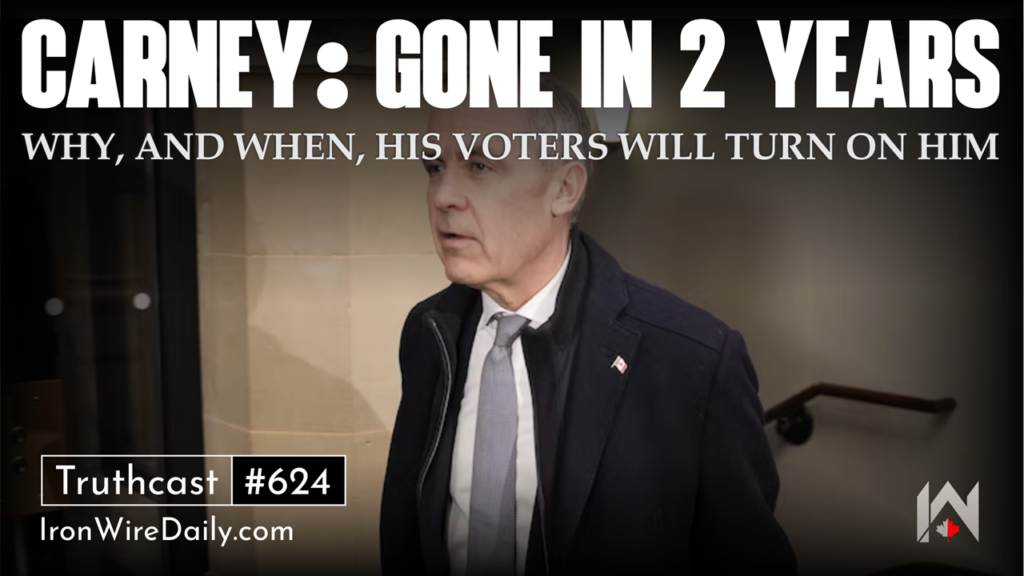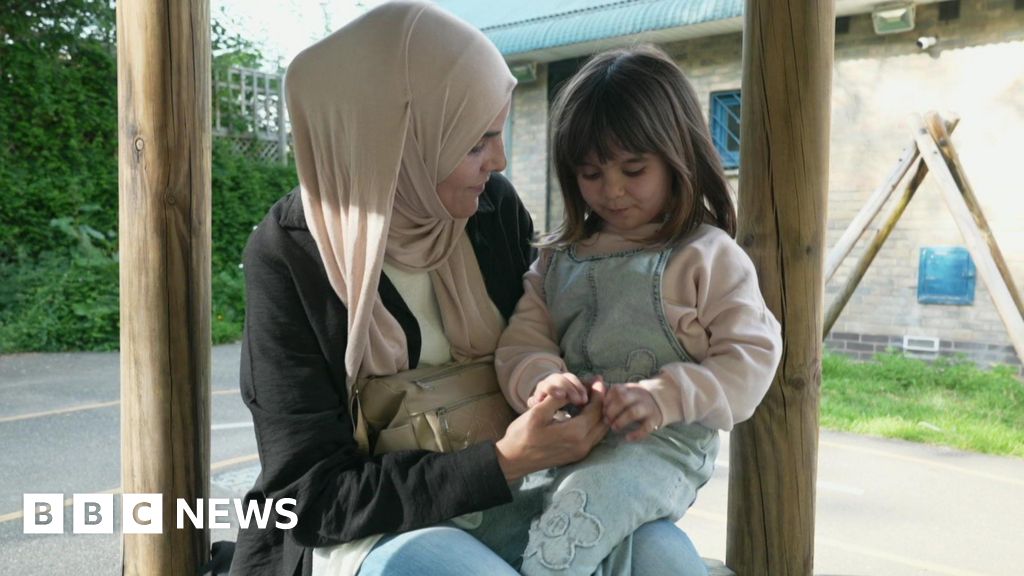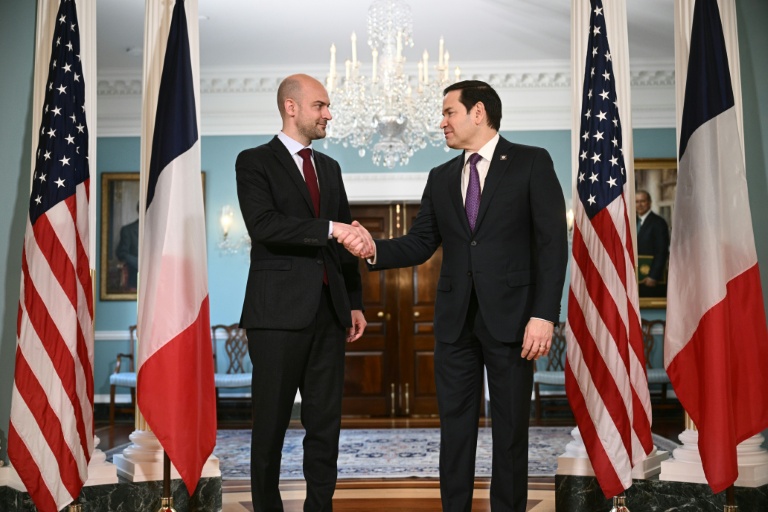UN Demands Change: Canada Must End MAiD for people without Terminal Illness
 |
| Dr Yuriko Ryan |
By Dr Yuriko Ryan
On March 21, the United Nations Committee on the Rights of Persons with Disabilities issued a resounding call, featured in the Globe and Mail article, “Canada must repeal medical assistance in dying (MAiD) for individuals without terminal illnesses.” This global mandate is more than a mere bureaucratic policy recommendation. It represents a global clarion call to confront a dangerous policy trajectory to a country once known for safeguarding human rights. Reckless expansions of MAiD beyond imminent death not only weaken our social safety net but also imperils the very dignity and human rights Canada proclaims to protect.
The Broken Safety Net and the Rights Fallacy
When MAiD expansions encompass chronic disabilities or severe mental health challenges, they stray from the essence of our basic rights to life. Blake Murdoch’s April 22, 2024, opinion piece—“Canada’s broken social safety net pushes people toward assisted dying”— lays bare the systemic gaps forcing desperate choices. It becomes painfully clear that our society is failing those who need care the most. For the UN, fundamental human rights are about ensuring that every person receives the respect, dignity, and security inherent in their existence, setting a global standard for freedom and equality. The Canadian Charter of Rights and Freedoms, as part of Canada’s supreme law, similarly protects these core rights, providing a legal backbone that guarantees a life of dignity and freedom for everyone in Canada. Ensuring a dignified life and securing the existence of individuals living with disabilities and facing mental health challenges is a critical necessity in Canada.
Humanity Under Siege: A Slippery Slope Toward Devaluing Life
Broadening MAiD eligibility sends a chilling message that some lives are deemed less worthy of support. This approach risks transforming what should be a humane response to suffering into a mechanism that subtly coerces the vulnerable toward death. As highlighted by Dr. Ramona Coelho in “Canadians with disabilities are dying needlessly” (October 28, 2024), inadequate disability and mental health supports are directly linked to the increasing reliance on “medically” assisted dying. When death becomes an all-too-accessible solution to systemic social failures, Canada edges dangerously close to practices observed in nations with tarnished human rights records.
A Crisis of Priorities: The Undermining of Basic Human Rights
While Canadians are currently bombarded with political campaign promises about the economy, housing, and border security, we must not lose sight of our nation’s foundational value: respect for human dignity. These policy debates, crucial as they are, cannot flourish on a bedrock of policies that allow the vulnerable to be set aside. When the state offers death as an alternative to genuine care, every political pitch on economic growth or secure borders rings hollow. The UN’s urgent demand to repeal non-terminal MAiD is a stark reminder that without a commitment to upholding basic human rights, all other achievements come at a moral cost.
Legislative Lapses and the Pressure of Ideological Elites
The current policy environment is marred by the legislative lapses and the influence of ideological elites closely tied with MAiD expansionists. Bill C-7 did expand the MAiD framework to include a pathway for individuals whose natural death is not reasonably foreseeable. Notably, the MAiD expansion to encompass mental illness as the sole underlying medical condition was proposed, as an add-on to the Bill, by a senator who is also a psychiatrist. Despite the proposal’s clear implications for vulnerable populations, it remains unimplemented amid significant push-back from both citizens and various political factions. This hesitancy underscores how, in some cases, legislators can cease to be steadfast guardians of human rights. The writings of ideological elites, Karl Binding, a controversial jurist, and Alfred Hoche, a psychiatrist, in Allowing the Destruction of Life Unworthy of Life during 1920s Germany, stand as grim historical precedents for today’s trajectory in Canada—a society that privileges “the strong and fit” while abandoning its most vulnerable.
A Call for True Compassion and Concrete Reform
The UN’s emphatic message compels us to reassess not only our legal framework but our entire moral compass. Repealing non-terminal MAiD is not a rejection of individual autonomy, it is a necessary stand for the inherent worth of every life. If Canada fails to address these systemic issues, every political win claiming to improve the economy or secure our borders will be undermined by a failure to respect basic human rights.
Canada now stands at a crossroads. As millions of Canadians head to the polls later this month, the powerful public voices in the media alongside the global call from the UN, compel us to choose the path of true compassion and reform. It is time to put human dignity first by repealing non-terminal MAiD and reaffirming the values upon which our great North is built.
Your powerful voice matters.
Dr. Yuriko Ryan is a Canadian bioethicist and gerontologist who explores emerging topics including end-of-life care, mental health and addiction, and artificial intelligence. She is an ethicist with more than 25 years experience in health policy research and healthcare administration. She has a doctorate in bioethics and a Master’s degree in gerontology from Simon Fraser University.
